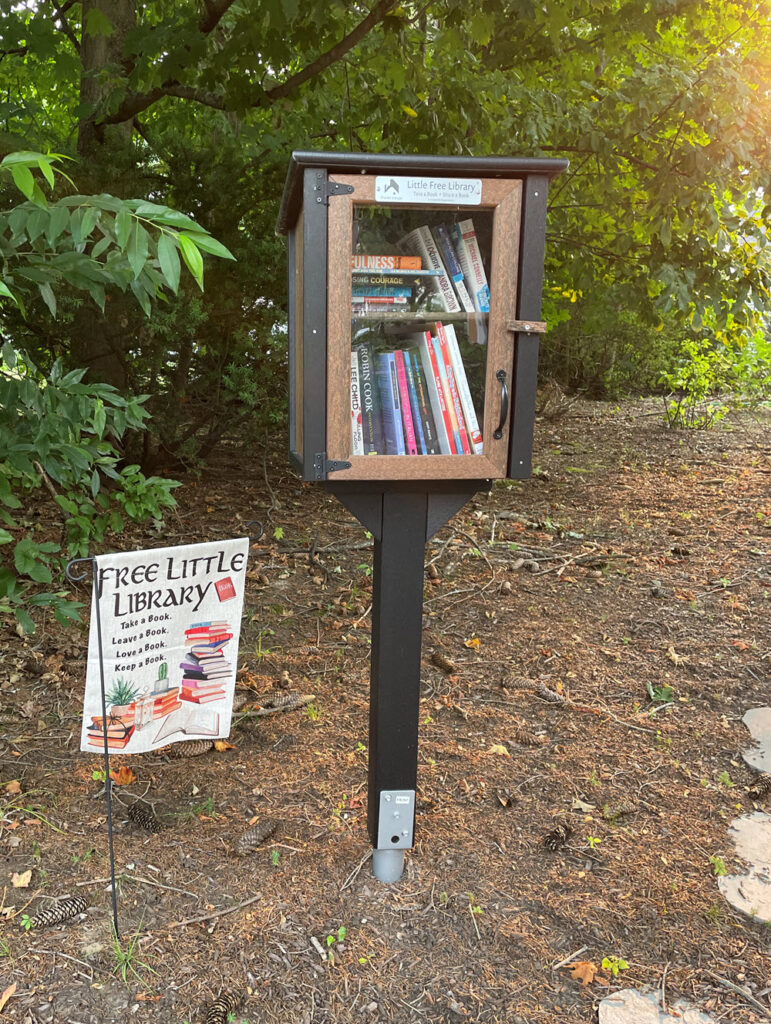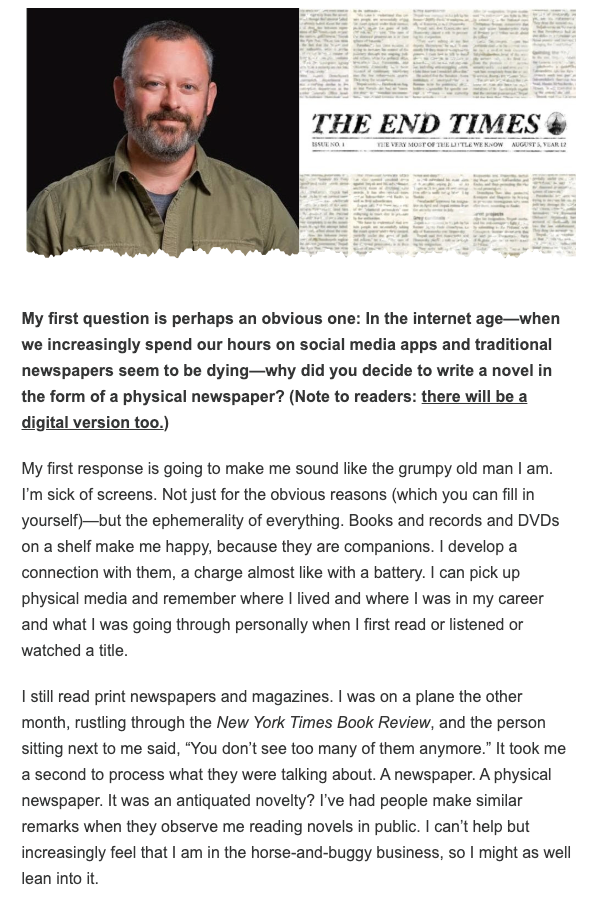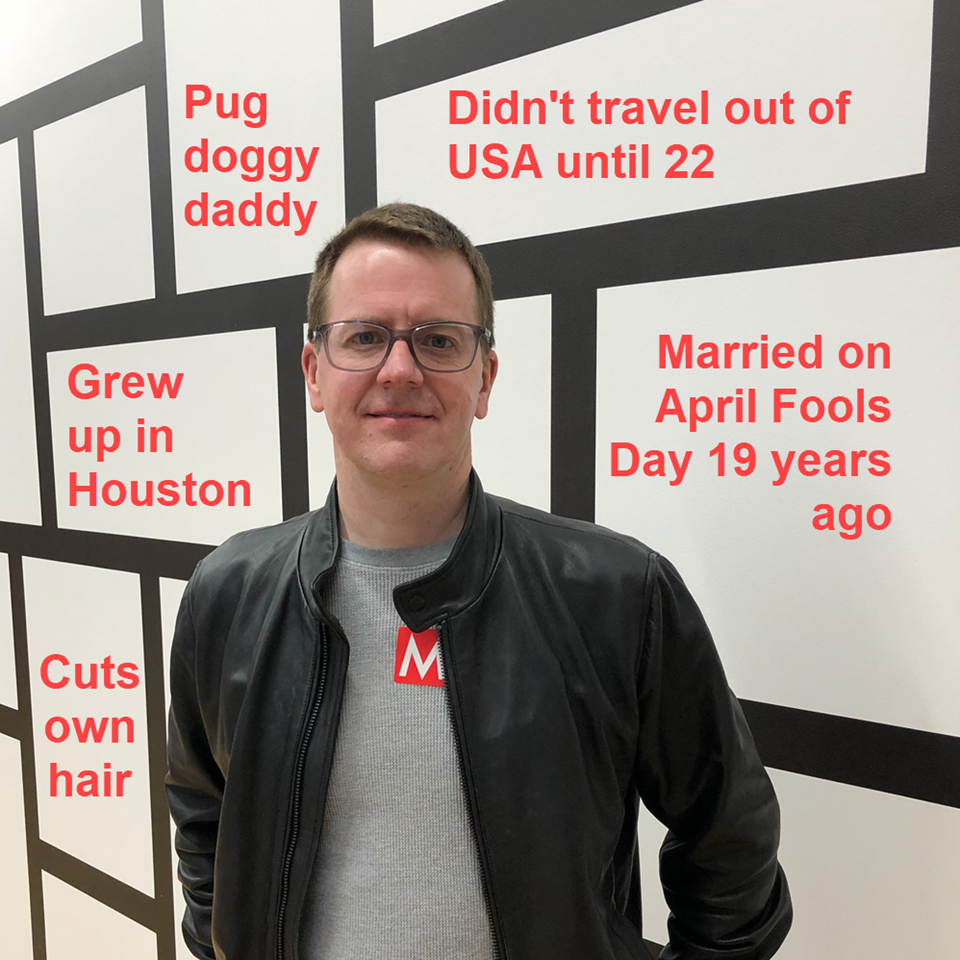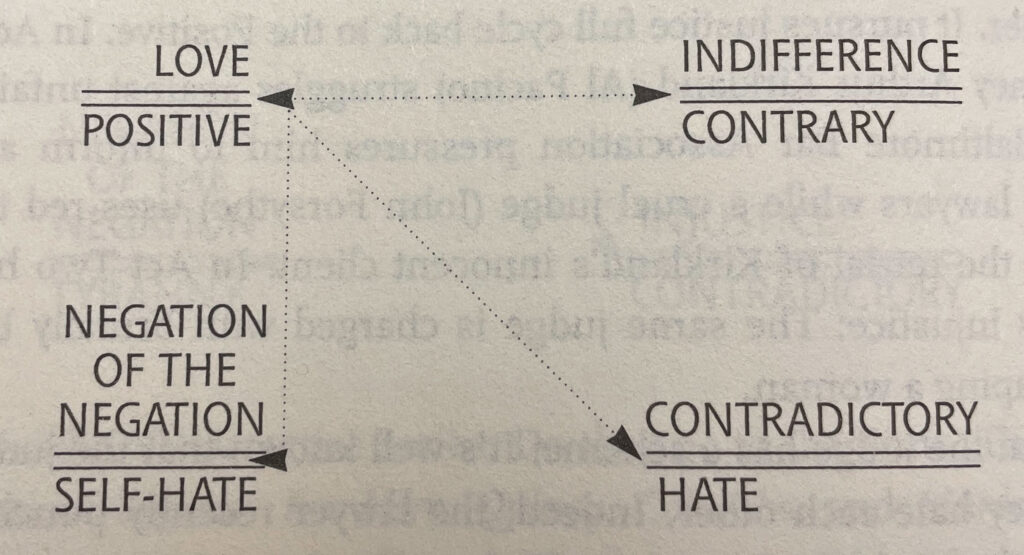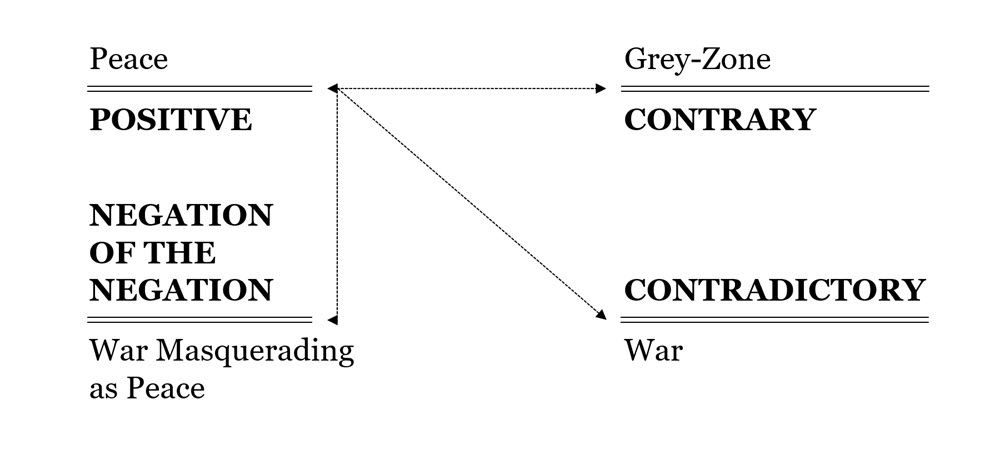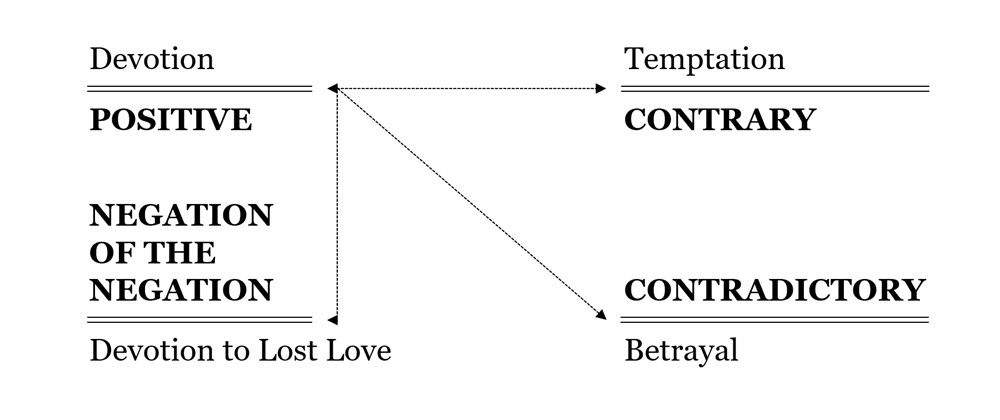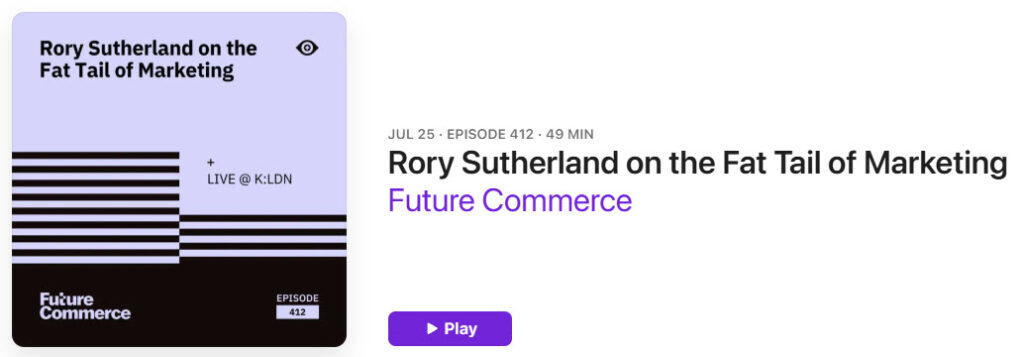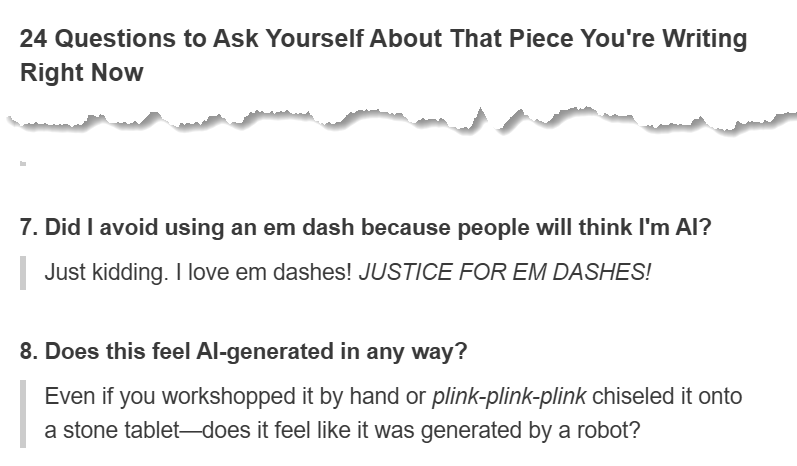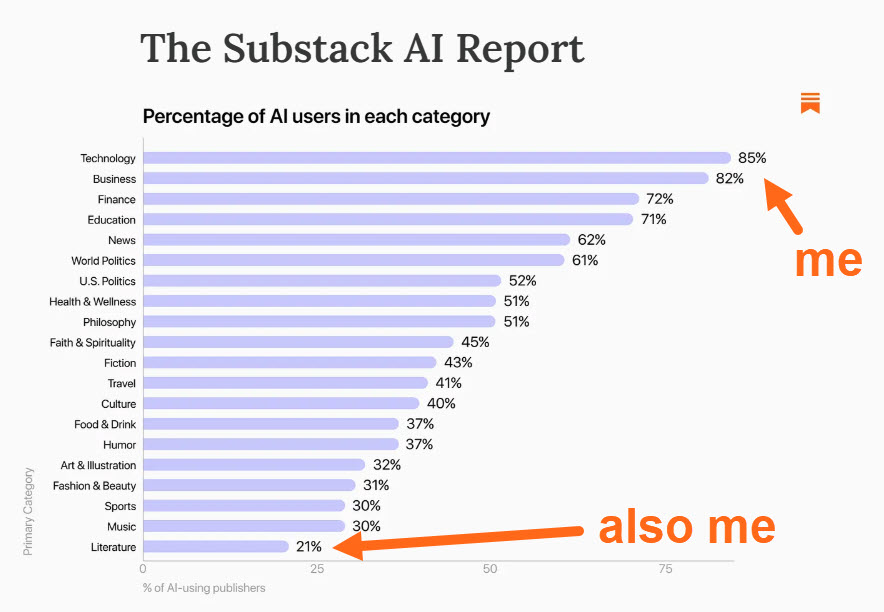Book review: “The Business of Being a Writer” by Jane Friedman
It’s easier than ever to make some money as a writer, and harder than ever to make a living at it. That’s why this book by Jane Friedman is so timely.
The Business of Being a Writer walks you through the economics of book publishing—from nonfiction proposals and fiction queries all the way through to marketing and promotion. That’s roughly the first half of the book.
The second half is about all the other things a writer will likely have to do to make ends meet. She talks about creating a business model for yourself and all the elements that might be part of that, including freelancing, crowdfunding, donations, paid newsletters, serials, teaching, grants, and more.
For anyone who dreams of making it as a writer, this is the truth-telling book you need.
I give it 5 stars, 16 dog-ears, and 2 Post-its.
For me, The Business of Being a Writer pointed out some new avenues and resources I wasn’t aware of. But more than anything, it confirmed what I was already pretty sure about, which is that very few people can make a living by writing books alone.
In fact, I don’t know any full-time book writers. (If you’re one, I’d love to know you.)
All the writers I know have at least one other job. That’s not to say that their books haven’t been successful. Some of them have been hugely successful, but often that success doesn’t come directly from book sales. Instead, their books often open the door to many other much bigger money-making opportunities such as:
Paid speaking
If you have a book, especially a nonfiction book, then you have a story to tell. That can get you in front of corporate and consumer audiences. The best example that I personally know of is Jay Baer, who’s the author of 7 books, in addition to founding six multi-million dollar companies. Most of his books included extensive speaking tours, where he’d speak at industry conferences and at large corporations—sometimes more than 100 a year. That exposure helped propel his other businesses, which included a consultancy.
Savvy pre-release marketing move: Jay schedules lots of speaking gigs right after the release of his books and waives his usual speaking fees in exchange for the event organizers pre-ordering books for all of their attendees. That produced huge pre-order sales, which instantly make his books New York Times bestsellers upon release.
Conferences
… like starting your own conference. That’s what Joe Pulizzi did. He founded The Content Marketing Institute and its flagship event, Content Marketing World. His seven books helped him earn the name the Godfather of Content Marketing. He’s since sold CMI and Content Marketing World and started a couple of new businesses, including a new conference, Content Entrepreneur Expo.
Ann Handley, a 3-time author and frequent speaker, also runs a conference, the B2B Forum. Like Jay and Joe, Ann knows how to dress to impress and tell a great story on stage.
University teaching
Being a published fiction author is almost a prerequisite for getting a creative writing teaching position these days.
Education & coaching
Today, there are lots of educational opportunities outside of academia. While I don’t know Jane Friedman personally, she’s a great example of this. In addition to her books, she speaks, runs in-person workshops and online classes, and has her own newsletter.
Consulting services
While education and coaching is for consumer clients, consulting is for business clients. In addition to Jay, 2-time author Kath Pay also runs a consultancy. Writing a book is almost a form of advertising for consultants.
A book is also a great business card. Two-time author and former agency owner Simms Jenkins once told me that he’d walk into a meeting with a new prospect and put his books on the table and it was an instant credibility booster.
Paid newsletters
Many writers have found success on Substack, Beehiiv, and other newsletter platforms. Among fiction writers, they’re writing about writing or sharing poetry, short stories, and serialized books. And among nonfiction writers, they’re typically writing about the subject matter area that their book is about, or about the subject of their next nonfiction book.
Once you’ve built up a large newsletter audience, events are the next much-more-lucrative step. This is something that some traditional media organizations are only just finding out. For instance, WBUR, Boston’s NPR station, held its first in-person multiday conference earlier this year to celebrate their 75th anniversary. It was so successful they’re making the WBUR Festival into an annual event.
Editing services
Some fiction writers smooth out the spikes in their novel writing income streams by offering developmental editing, copyediting, line editing, or proofreading services. Publishing successful books yourself builds your credibility as an editor, creating a virtuous circle.
For me, the notoriety from my email marketing books have made me much more desirable in the digital marketing industry as a subject matter expert, consultant, and speaker. Overall, the direct profits from my book sales represent probably only about a quarter of the value my books have created for me.
To receive future posts or to become a Patron and support my dystopian sci-fi novel and get special thank-you goodies upon its publication, subscribe on Substack →
